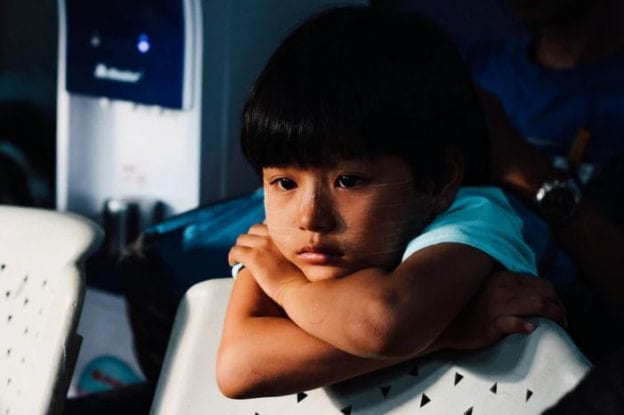Funerals at funeral homes in Burtonsville, MD affect every person they touch. When loved ones die, the entire family is profoundly affected by the loss. While you may tend, when a loved one in your family dies, to focus on the grief of the adults in the family.
Their grief, while individually experiencing their own unique type of grief, has similar features, looks familiar, and evokes familiar responses. However, the children in the family often get overlooked, even though they’ve experienced a loss too.
While children may not fully understand the concept of death and what it means for them in relation to their loved one who has died, children do understand absence and loss. This may be one thing that causes them to grieve.
Another thing that may cause children to grieve after the death of a loved one is seeing their immediate family members grieve. There is something incredibly sad about seeing the adults you love, look up to, and depend on to dry your tears and help you through your sadness crying tears that you don’t know how to dry and exhibiting sadness that you don’t know how to help them with.
These are only two of the spokes of grief that children may experience when there has been a death of a close family member. There are many others. However, children seldom express grief, which for them can be accompanied by sadness, fear, anxiety, and anger, in the way that adults do.
Children tend to act out more, not want to go to sleep, and be more fearful of everything when they are grieving. They may be more aggressive with each other and they may have a short fuse about both big and little things (everything may turn into a battle).
As an adult, you should pay special attention to your children to make sure that their grief is being addressed, explained, and comforted.
To address your children’s grief, you have to talk about it. This often means putting your own grief aside to let your kids know that you are sad and you know they are sad as well. Let them know that you are there for them and they can talk with you about how they’re feeling. Help them to understand that sad, fearful, anxious, and angry feelings are normal when we experience a loss.
Let them ask questions. Because children don’t understand all the nuances of death and loss, they have a lot of questions. Explain each answer in language they can understand, but make sure you are open and honest with them.
There will be a lot of questions from your children along the way when they are grieving. Sometimes, those questions will come out of the blue, seemingly in isolation from anything else that is happening at that moment. But, for your children, these questions are the product of their own processing of grief, loss, and death, so make sure to take the time to listen to them and to answer them.
Language is extremely important when you’re discussing death and grief with your children. Our culture has a lot of euphemisms for death (“gone to sleep,” “passed away,” “left for their heavenly home,” and others) that can actually make death much murkier – and scarier – for your children.
If you tell your children, for example, that a loved one who has died has gone to sleep, they may suddenly develop a fear of going to sleep themselves because they believe they won’t wake up. While your intentions may be to soften the blow of death and to provide comfort for your children’s grief, you may, by simply using a euphemism, plant another fear in them.
If you’d like to know more about grief resources at funeral homes in Burtonsville, MD, you can talk with our knowledgeable team at Donald V. Borgwardt Funeral Home, P.A.


